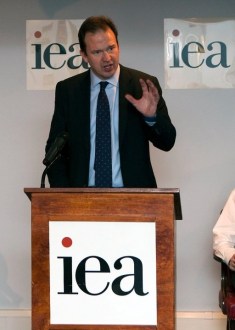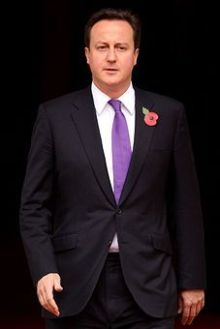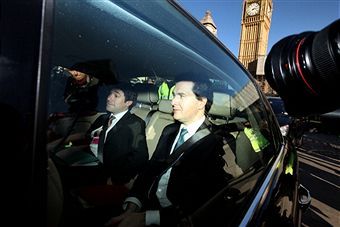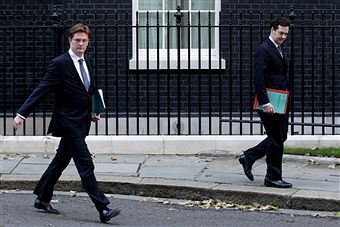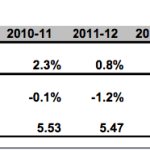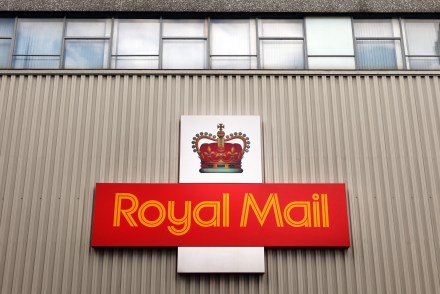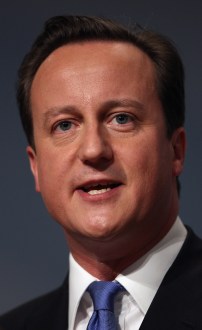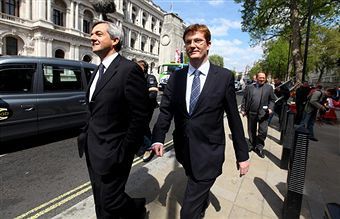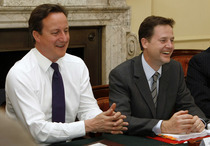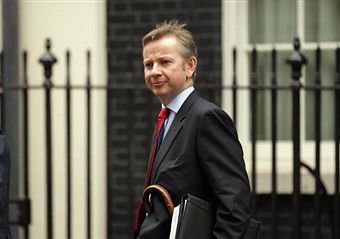The Big Society is a threat to Labour
If you think there really is a big idea behind the Big Society, then you agree with the unlikely pairing of Jon Cruddas (Lab, Dagenham) and Jesse Norman (Con, Hereford). The latter’s new book, The Big Society: The Anatomy of the New Politics, attempts the seemingly impossible task of providing a grand philosophical narrative to underscore David Cameron’s often amorphous rhetoric. Cruddas and Norman debated at the Institute of Economic Affairs last night, alongside the IEA’s Professor Philip Booth and Dr Steve Davies. The ninety minute discussion did more to expose the philosophical fault lines in modern British politics than any public event I’ve attended since the General Election. Jesse
